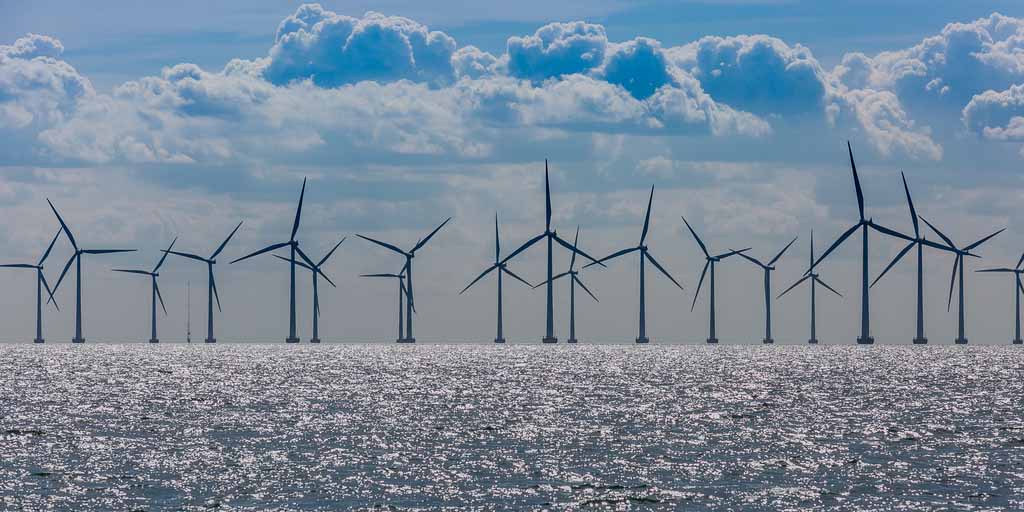The Maritime Union of Australia and Electrical Trades Union welcomed the introduction of an Offshore Electricity Infrastructure Bill to parliament this month after more than two years of advocating for exploration of offshore renewables potential in Australian waters.
While the bill is a step in the right direction, we want to make sure it is done right. Our union is urging the federal government to make sure renewable energy developments aren’t lumbered with “unfair” decommissioning taxes that don’t apply to oil and gas projects and that there is support for additional training and qualifications for workers that may need to get a start in this new industry.
There are more than 10 offshore wind projects, billions in investment and thousands of jobs waiting on this legislation.
“Each offshore renewable project can create thousands of construction jobs and then hundreds of ongoing operation and maintenance jobs, and the supply chain opportunity in creating manufacturing components for projects means this new industry could play a much larger role in transitioning workers and communities who are currently being impacted by the energy transition, said ETU Assistant National Secretary Michael Wright.
“But to maximise local jobs and economic benefits, the government needs to ensure a good pipeline of projects is created through an offshore wind industry package.
“This should include investment in offshore wind port terminals and manufacturing hubs, particularly in areas like Gippsland, the Illawarra and Newcastle. An offshore wind research and development program is needed, alongside measures for a Just Transition to support skilled workers in getting the additional qualifications they may need to transition to this new industry.
The Offshore Electricity Infrastructure Bill should pave the way for Australia’s most advanced offshore wind project, the 2.2 gigawatt Star of the South venture off the Gippsland coast, as well as the Mike Cannon-Brookes-backed Sun Cable interconnector to Singapore.
“It also opens the door for several other earlier-stage offshore wind projects in the wings that have so far been unable to get exploration licences,” said Trevor Gauld, ETU National Policy Officer.
“We see these projects as having the potential to deliver a Just Transition for energy industry workers and their communities, and we need the legislation to support that objective,” Mr Gauld said.
Meanwhile, this government is also pouring hundreds of millions into coal seam gas and fracking projects, gas pipelines and gas power plants even though their own regulator AEMO continues to say that gas and coal use in Australia is in structural decline.
Offshore wind can provide thousands of jobs in an industry that could be developed quickly, would reduce emissions and will be needed for decades to come.
